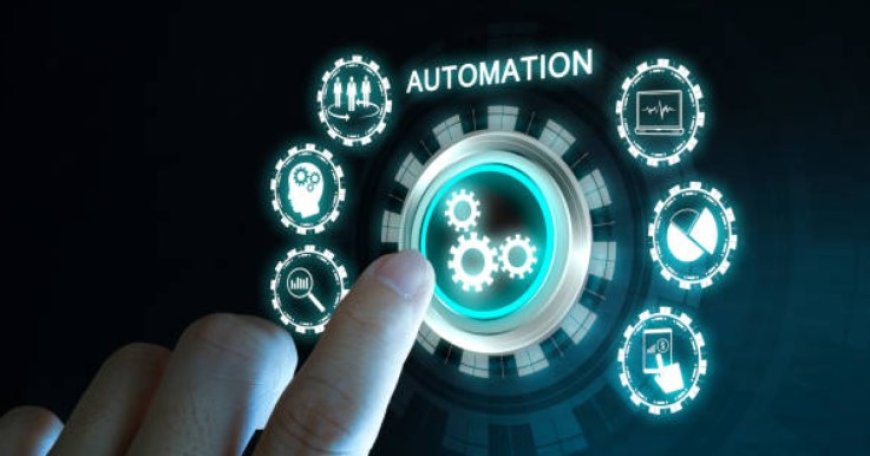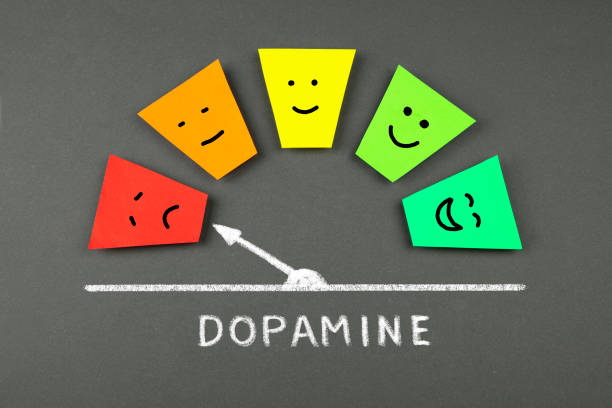The Future of Work in a World of Increasing Automation
How to prepare for the changing workplace and succeed in the automated economy
In an increasingly automated world, what does work look like?
The workplace is being drastically changed by automation, and this shift is happening faster than before. Tasks that were previously believed to be exclusive to humans are becoming automated by machines as they grow more powerful and smarter. This brings up several significant issues regarding the nature of employment in the future and what it entails for both corporations and employees.
The possibility of job displacement resulting from automation is one of the main worries. Many occupations currently performed by people could eventually be performed by robots, according to some experts, which could result in mass unemployment. Others counter that since automation frees up human workers to concentrate on more strategic and creative duties, new jobs will be created as a result of it.
Both of these eventualities are probably going to come to pass in the workplace in some capacity in the future. Undoubtedly, automation will lead to the loss of certain employment, but it will also open up new opportunities. Developing the skills that are in demand in the automated economy and adapting to the changing environment will be crucial for both firms and employees.
Here are some particular ways that automation is transforming the nature of labor in the future:
The gig economy's rise:** Automation is facilitating people's ability to work independently and accept freelancing assignments. The gig economy is growing as a result, allowing employees to work on projects that interest them and not be restricted to a single company.
The growing necessity of soft skills: Many of the hard abilities that were once necessary in the workplace are becoming automated. Soft talents like creativity, problem-solving, and communication are in higher demand as a result. These abilities are necessary for operating both machinery and humans in an efficient manner.
The significance of lifelong learning: Because of how quickly technology is changing, workers will need to continuously pick up new skills in order to stay competitive. A lifetime of education will be necessary for success in the workplace of the future.
The following advice can help you get ready for the future of work:
Enhance your soft skills: Soft skills like communication, creativity, and problem-solving will be crucial in the automated workplace. Make sure to emphasize these talents on your résumé and during job interviews, and concentrate on honing them.
Adapt and be open to learning:As new technologies arise, be ready to pick up new abilities and adjust to them. You'll be able to stay competitive and ahead of the curve in the employment market by doing this.
Think of a job in automation: Consider a job in automation if technology interests you. There are several prospects in this quickly expanding area.
Make connections with others in your industry: Maintaining current with the newest developments in your business and finding out about new career prospects can be accomplished through networking.
In general, the future of employment in an increasingly automated environment is exciting and challenging. While some jobs will be lost, other opportunities will also be created. In order to prosper in the future of work, employees and companies must be able to adjust to the shifting environment and acquire the necessary skills.















































































































































































































